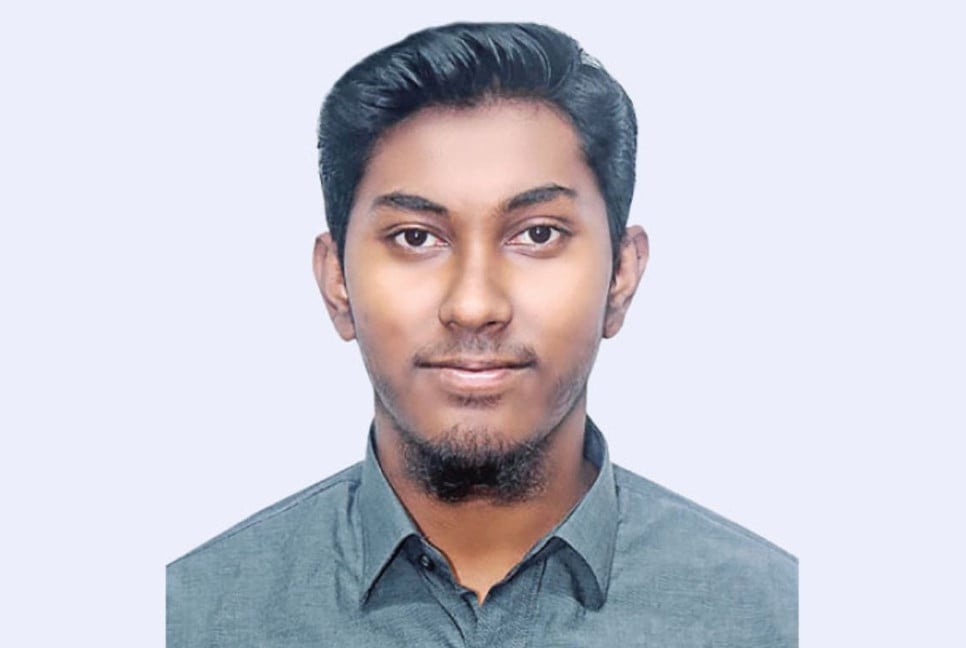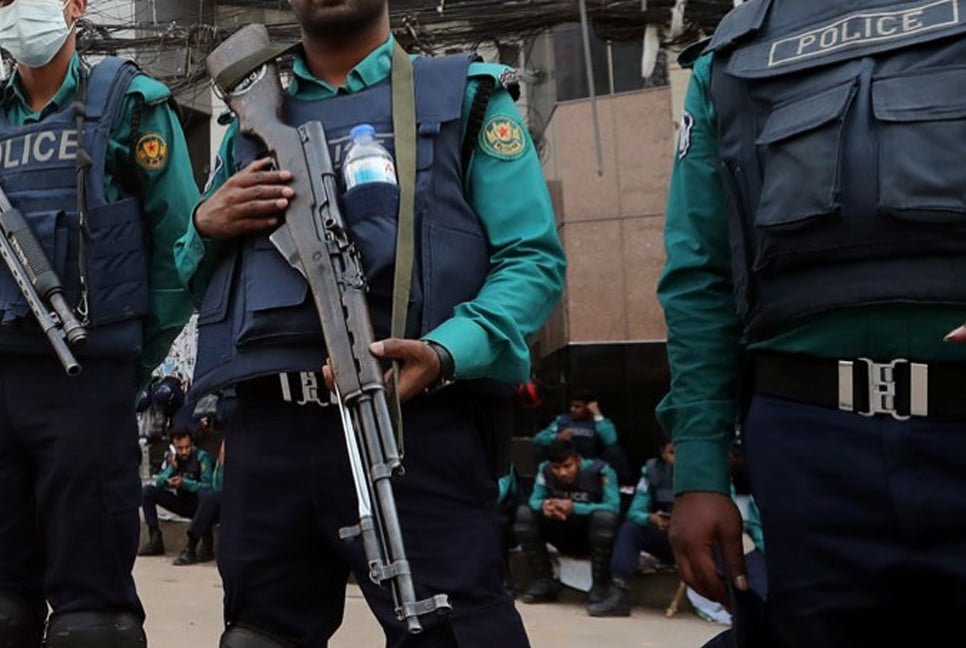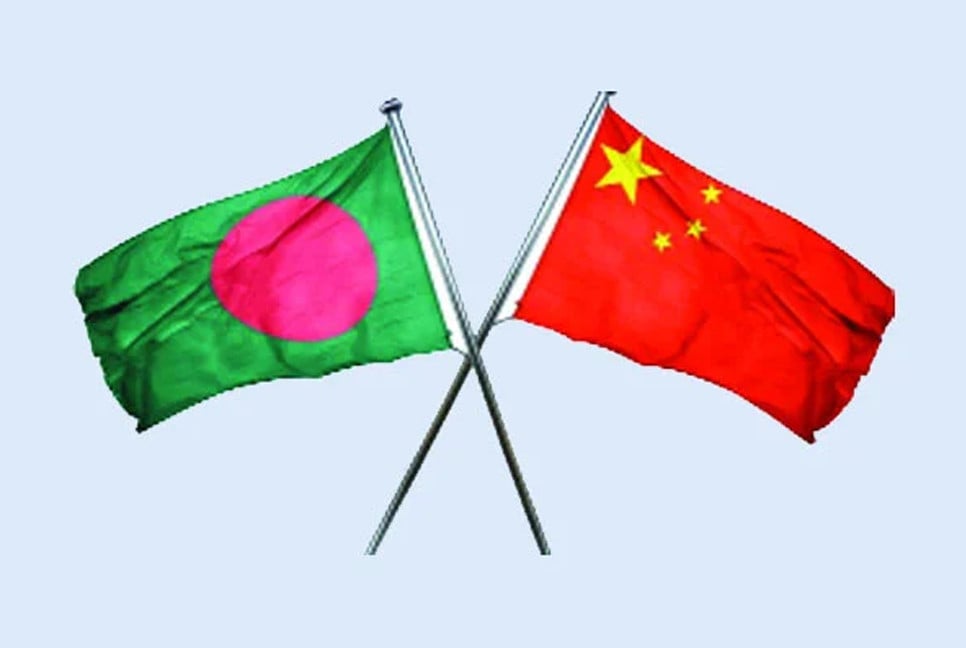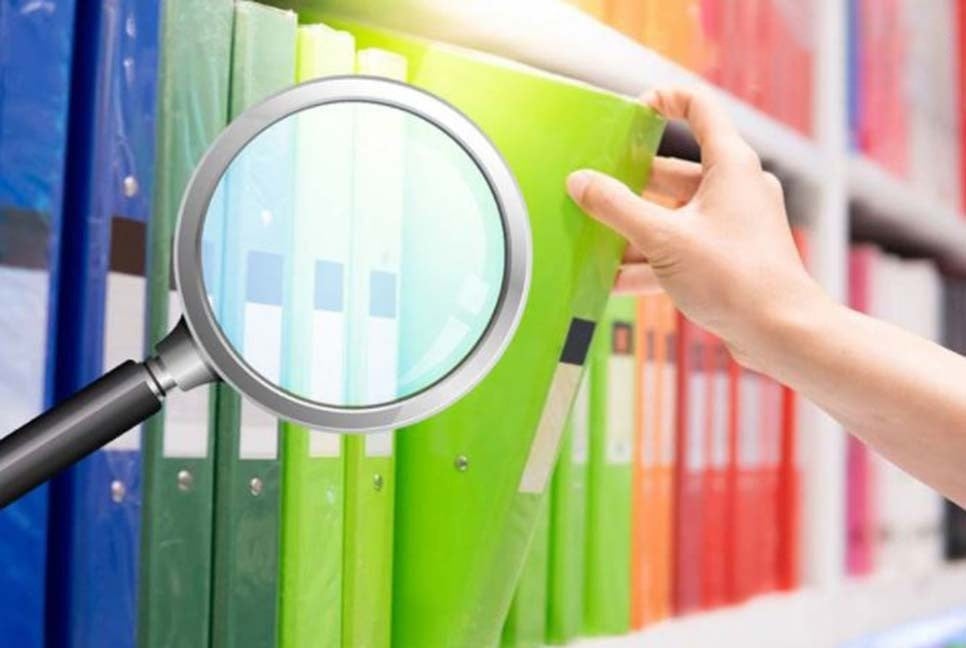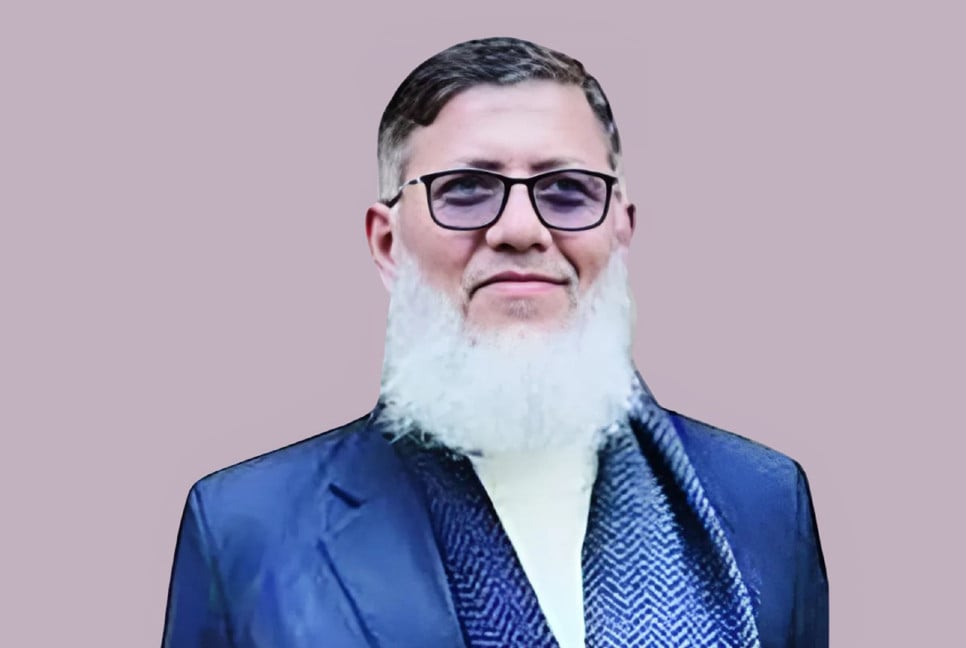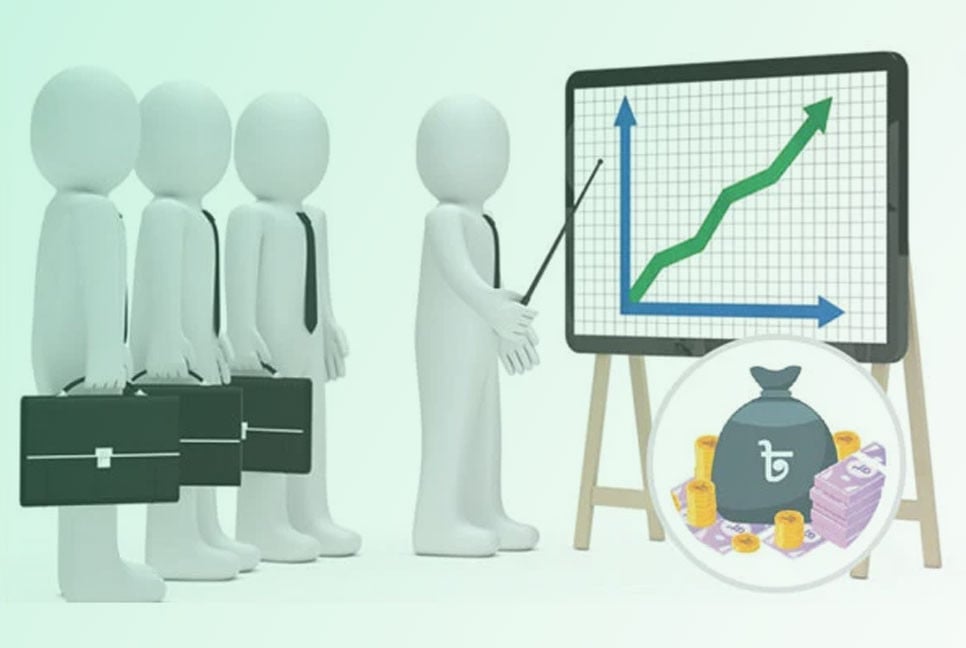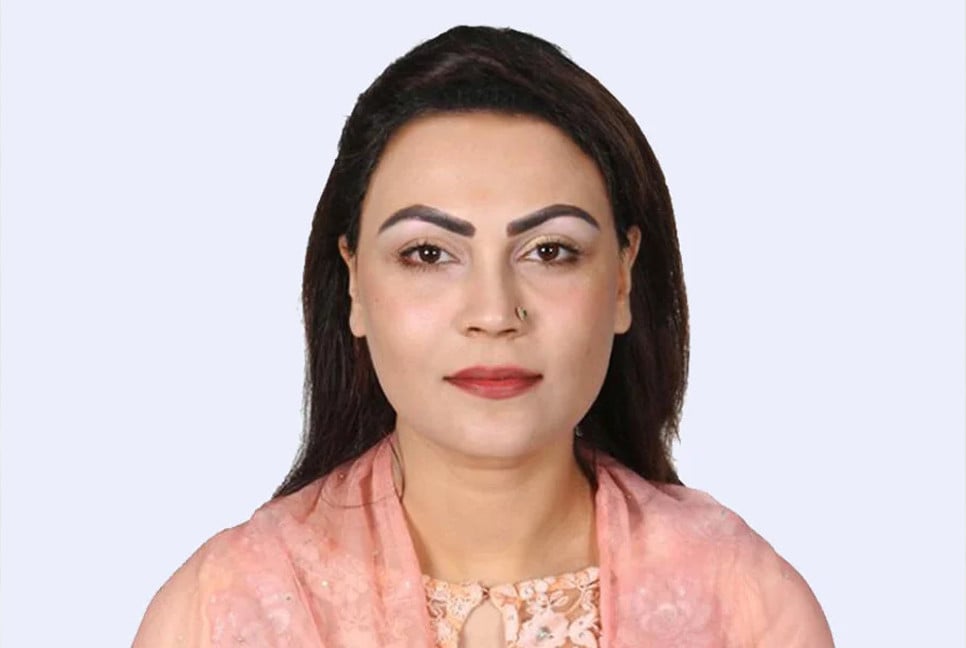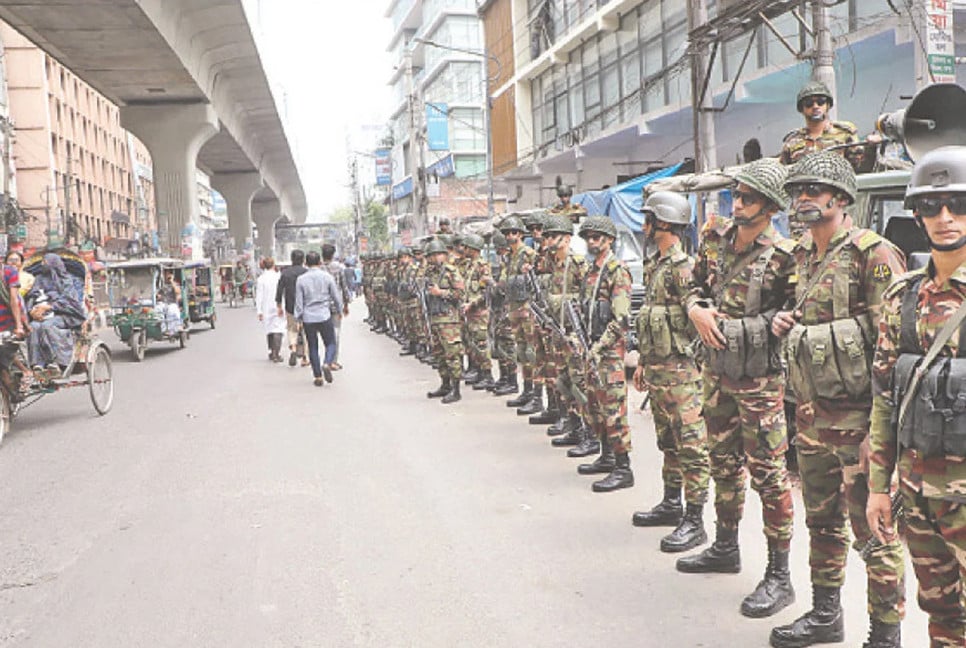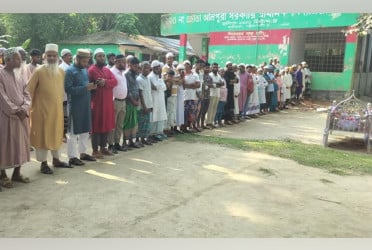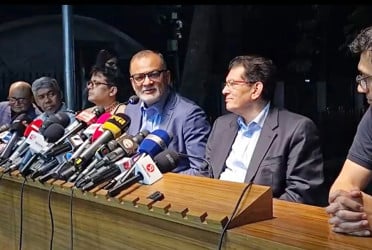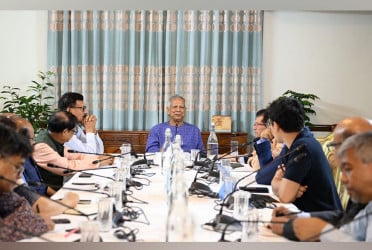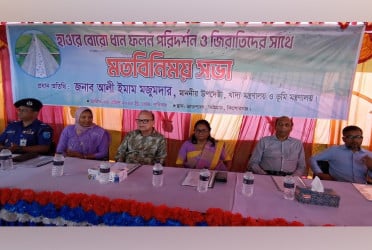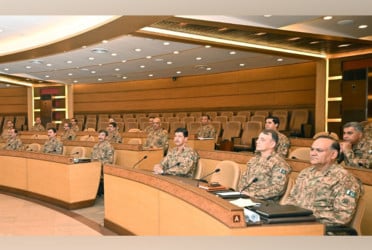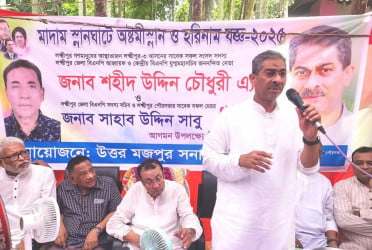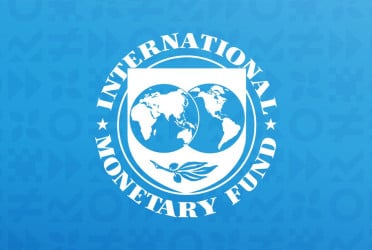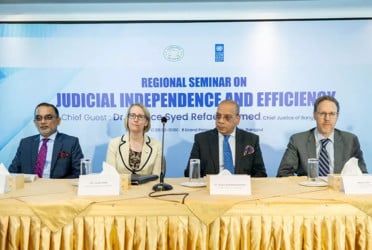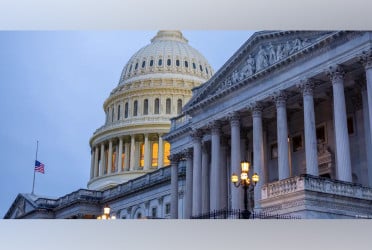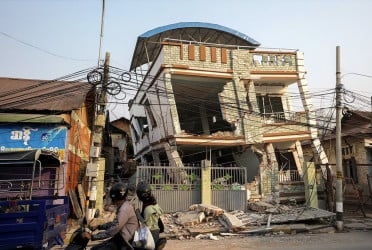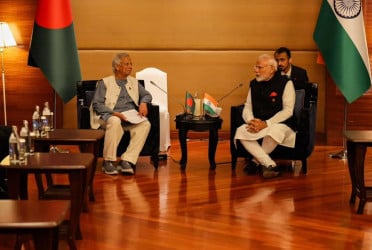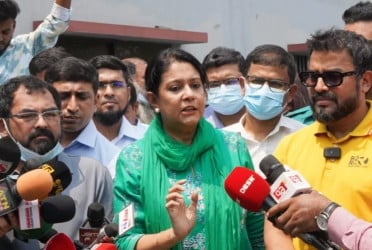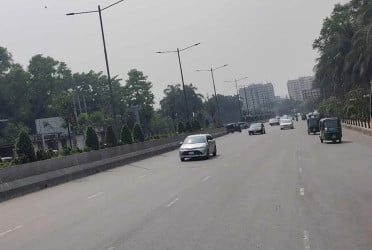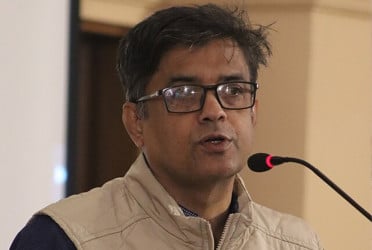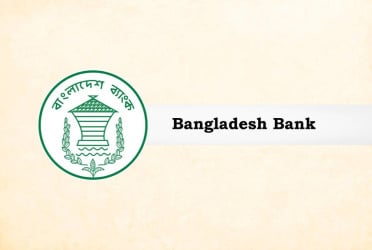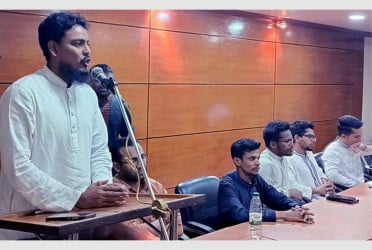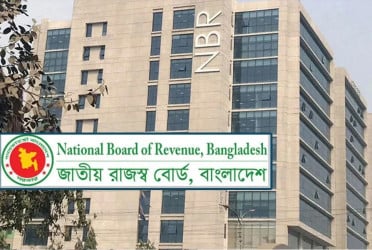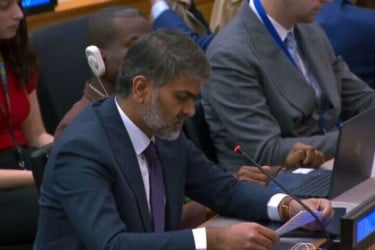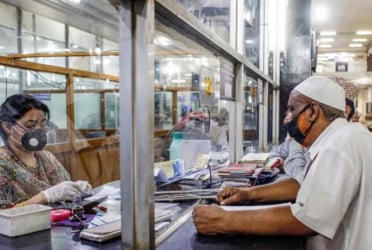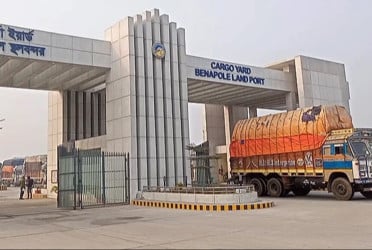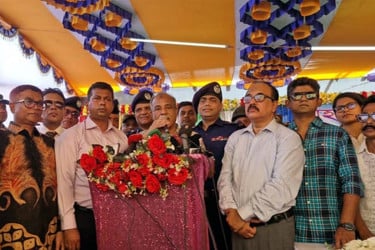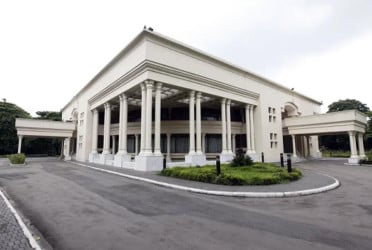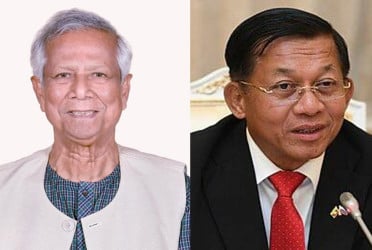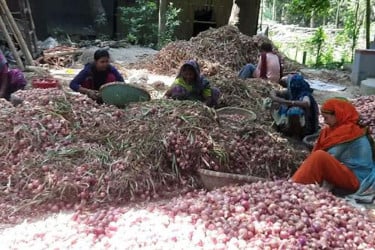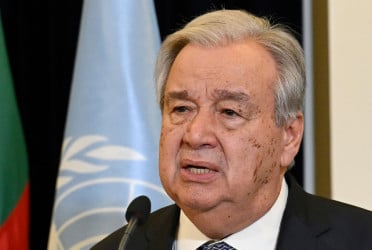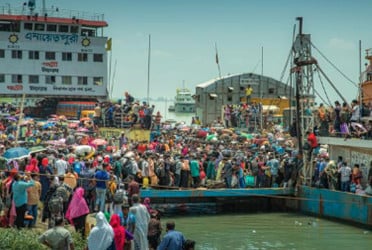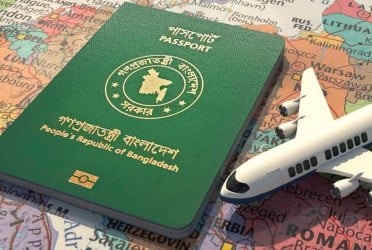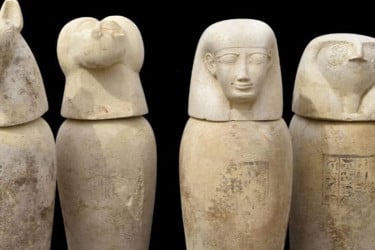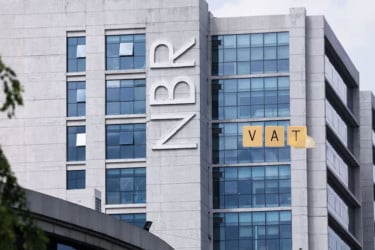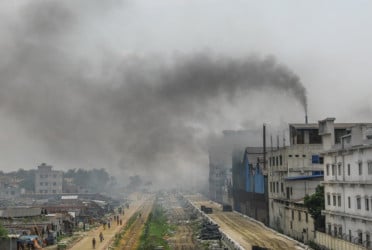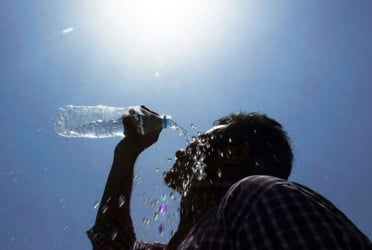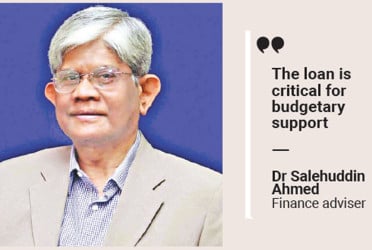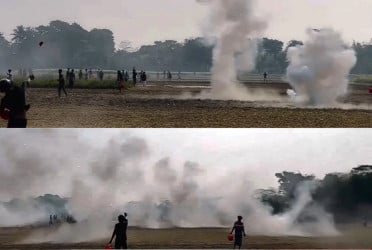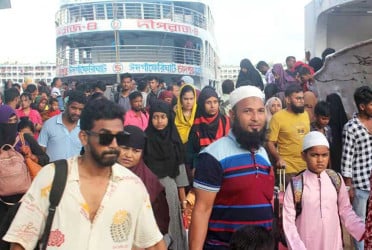Countries that have continued to struggle with conflicts, bloodshed, and chaos after independence due to systemic flaws and financial corruption are numerous, and Bangladesh may not lag far behind if such a list is drawn up.
Despite having abundant natural resources, freshwater reserves, rivers, fertile soil, and access to seas and hills, we remain shrouded in the midst of poverty. This crisis is not the responsibility of any single group but rather the result of a collective national mindset.
No matter how prominent intellectuals and scholars lecture about the state mechanism, the core always lies in the rule of law, its proper implementation, accountability, and a culture of transparency.
A time for reform
Reforming state power and restructuring governance is now the need of the hour. Without establishing the rule of law and justice within the administrative system, the desired change is not possible.
In a democratic system, excessive interference by public representatives is as harmful as the lack of accountability among bureaucrats. Institutions like the Anti-Corruption Commission and independent investigation agencies are facing credibility challenges.
The primary reason for the overall collapse of our state framework is the lack of accountability and transparency.
National unity: The need of the hour
A moment of national unity is necessary, which the people of this country have already experienced. However, if delayed too long, this awareness, unity, and enthusiasm for the nation’s progress may fade away.
The Bangladesh we want
We envision a Bangladesh where no leader exploits the poor for personal enrichment.
We want a country where public representatives receive medical care within its borders and build their children’s futures here. A Bangladesh where brain drain is prevented, and everyone contributes to its development.
Constitutional reform
The root cause of institutional weakness lies in the undemocratic nature of political parties. In the past 53 years, no prominent leader has voluntarily stepped down, making the expectation of democracy unrealistic.
Establishing internal democracy within political parties is the primary challenge.
Electoral reform
1. Reinstate the caretaker government system.
2. Increase the number of election commissioners to at least 15, with a minimum of 40% nominated by opposition parties. Clear eligibility criteria should be established, and nominations should be disclosed for public interest. The Chief Election Commissioner should be appointed by the Supreme Judicial Council.
3. Deploy armed forces during elections and establish a special military monitoring cell to ensure the neutrality of polling officials.
4. Make the income sources and amounts of candidates publicly available.
5. A caretaker government should take over two months before elections and hand over power to the elected representatives one month after the elections.
Additional reforms
1. Limit any government’s tenure to four years.
2. Separate the roles of the prime minister and party chief.
3. Establish an independent police commission.
4. Create a fully independent judiciary, free from interference by the law ministry.
5. Ensure a completely independent Election Commission.
6. Form an independent Anti-Corruption Commission or equivalent body, incorporating officials from the armed forces, police, intelligence agencies, judicial magistrates, and administrative officers. This body should have the authority to investigate, interrogate, and arrest immediately with court approval, and report to a judicial council. A helpline should be available for anonymous complaints against anyone, with a dedicated cell for prompt responses.
7. Establish an independent commission for the appointment, transfer, and designation of government officials. Ministries should not transfer field-level officials without the commission's recommendation, and it should operate under judicial council supervision.
8. Create a separate independent commission for field administration to minimize political interference.
Towards a new horizon
Demonstrating patience and tolerance with a firm commitment to building a new nation can pave the way for a brighter future. We envision a Bangladesh where there is no gap between the people’s dreams and the state's promises. A developed, ethical, and humane Bangladesh should be our ultimate goal.
The writer is a third-year student, Department of Mechanical Engineering, Bangladesh University of Engineering and Technology (BUET).

